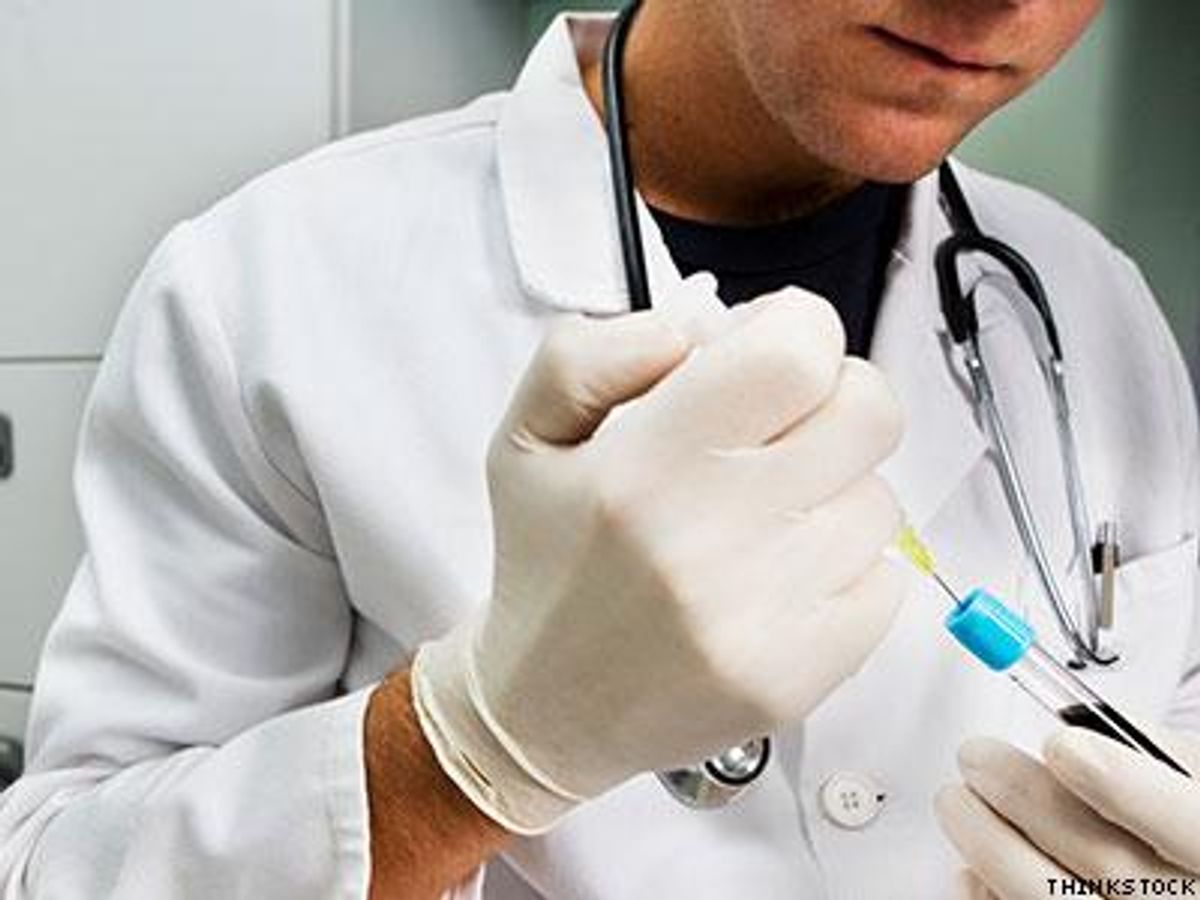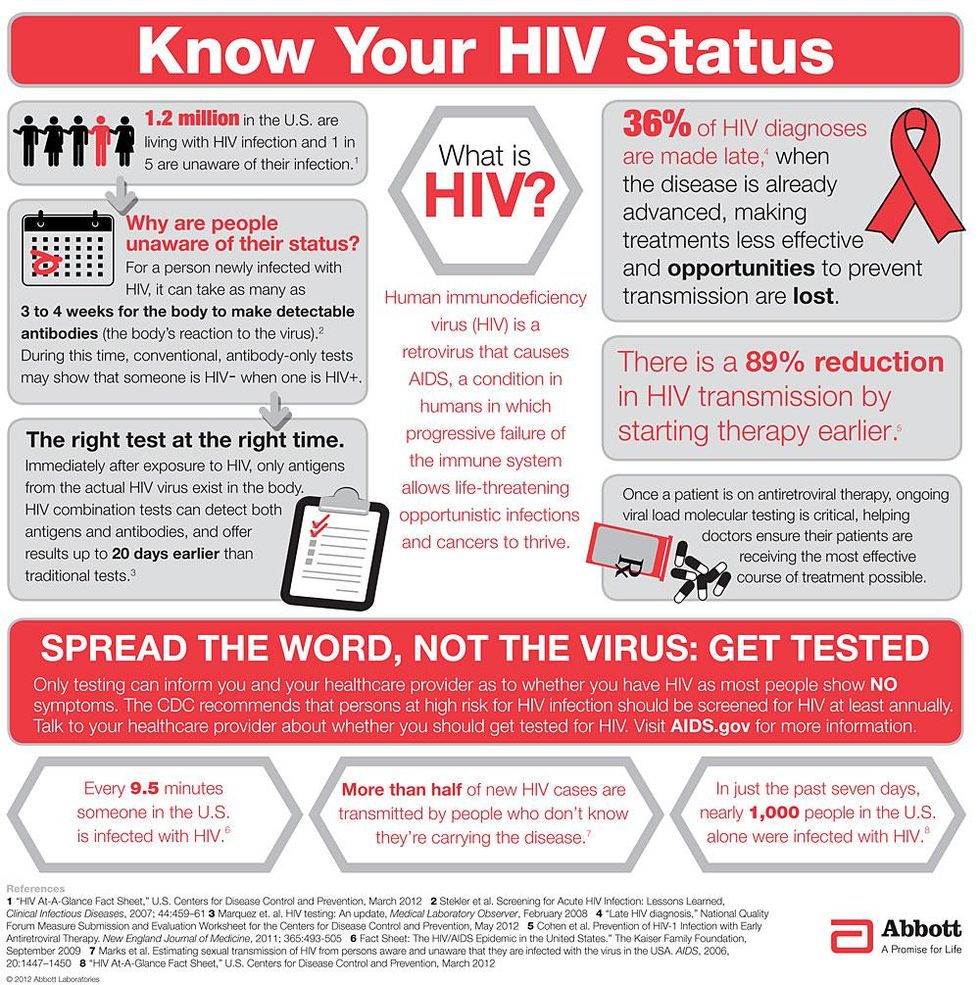It has been more than 30 years since HIV was first identified, and we have changed the course of this deadly disease. Breakthroughs in treatment in the mid-1990s have led to longer and healthier lives for people living with HIV and have resulted in dramatic declines in HIV-related deaths. HIV prevention has also saved countless lives—including an estimated 350,000 in the United States alone.
So why are many public health experts calling for an update to current HIV testing guidelines, that at least in part, depend on 25-year-old testing technology? Because the battle against HIV is not over and we need to use every tool at our disposal. Consider these sobering facts: In the U.S., new HIV infections have remained at a constant 50,000 annually for more than a decade. Also, nearly half of new HIV infections each year are transmitted by people who are unaware that they are HIV positive.
As someone who has been on the forefront of the fight against HIV from the very beginning, I can attest that getting tested and knowing one’s status are significant and effective defenses against the spread of this virus. Unfortunately, many HIV diagnoses are made when the disease is already advanced, making treatments less effective and missing opportunities to prevent transmission. ,
Fortunately, advanced tests called HIV Combo tests, which test for both antibodies and antigen, are available in the U.S. that can detect infection with the virus sooner than traditional antibody-only tests. HIV antigen is a protein produced by the virus shortly after infection. Antibodies (the body’s reaction to the virus as it fights the infection) can take as many as three to four weeks to become detectable. By detecting both antigen and antibodies, these HIV Combo tests can help identify infected patients who might have been missed if they were only tested with an antibody test.
National HIV Testing Day on June 27 presents us with a timely reminder of how far we have come with advances in testing and treatment. However, every nine and a half minutes, someone in the United States is infected with HIV. Let’s empower ourselves with the latest tools at our disposal. With the help of the most advanced HIV tests, stronger HIV testing guidelines, and a renewed public health commitment to eradicating HIV, we can continue making progress toward an AIDS-free future.
Dr. Gerald Schochetman is senior director, infectious diseases and diagnostic research for Abbott.




































































